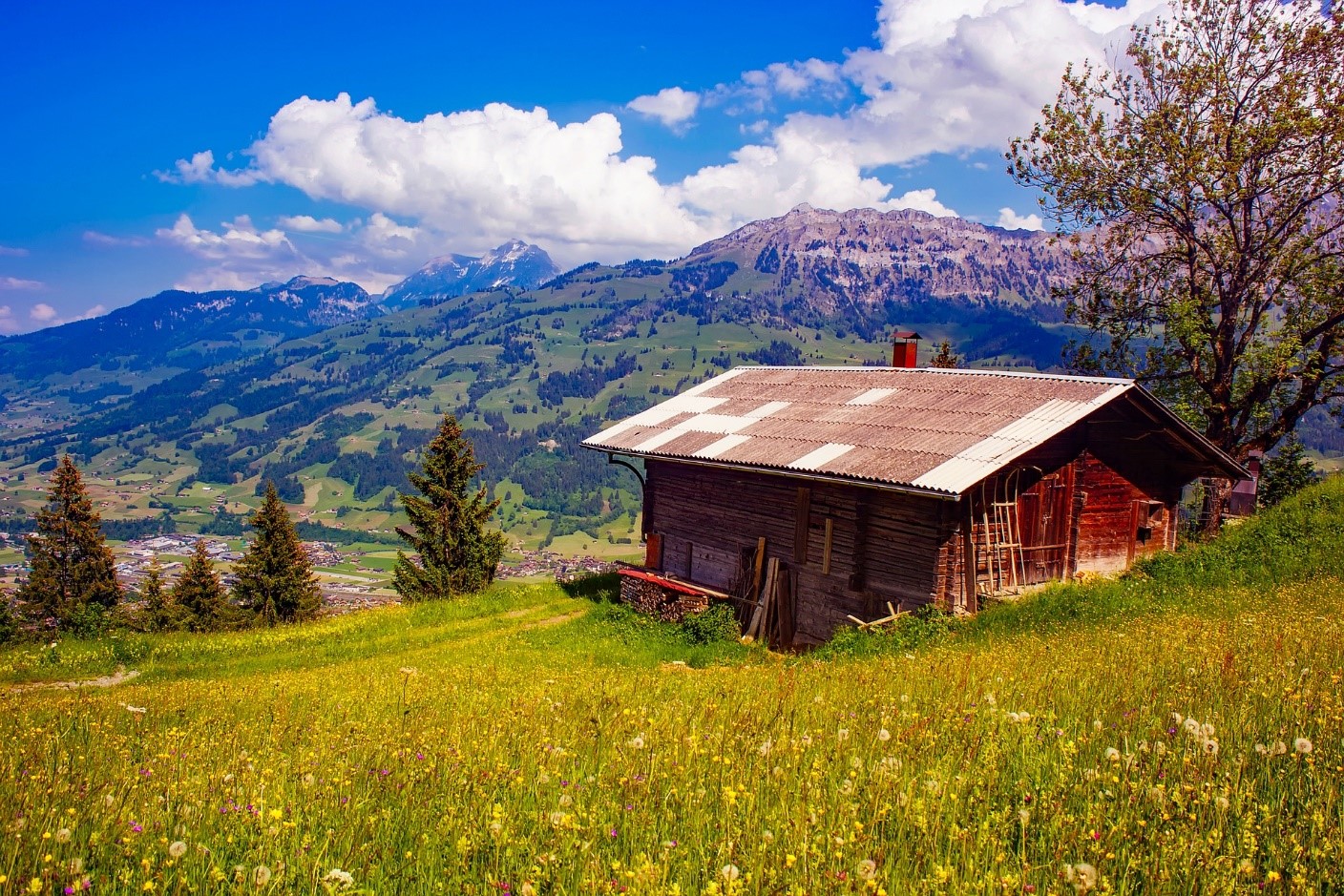My name is Ofir Eyal Bar, and I’ve been investing in real estate ever since I can remember myself doing business. With successful ventures around the globe, including South Africa, western Europe, North America and more, I can safely say that I’ve seen a lot. One of the things I see often in this market is a rising buzz about a certain place, venture or type of property being a ‘trend’. So let me just stop all of those ‘trend setters’ right here: In real estate investments, which may take a while to turn from vision to concrete, a trend is not the way to go.
Real estate investors should always be thinking of the long run. A house, building, tower or even a shed is an investment that is supposed to bring fruit for years to come, and hence should be treated that way. This is exactly my train of thoughts for this blog, and I will explain to you why, if you feel like me, you should seriously consider investing in rural areas and not go for the urban choice.
Moving to the country
 Alt text: Your dream real estate investment may just be out in the country.
Source: https://pixabay.com/photos/switzerland-mountains-cottage-cabin-1904309/
Alt text: Your dream real estate investment may just be out in the country.
Source: https://pixabay.com/photos/switzerland-mountains-cottage-cabin-1904309/
Let’s narrow down our options first: When we are talking about rural real estate investments, we mean the modern first world. Developing nations have little to offer on the countryside for investors and the population there is quite poor. In rich countries, on the other hand, sometimes it is the wealthier lot who decide to leave the big city and go somewhere where they have some space. All in all, rural areas tend to be more diverse in the type of investments they offer. Between small barns and farmhouses to large, isolated villas, there’s a lot to choose from so naturally there’s something for every budget – certainly for yours. I’d recommend consulting with a real estate agent, but make sure they know a thing or two about the countryside and take your time to pick the one that seems right for the task.
Another big plus to countryside real estate is the fact that it’s much less sensitive to events and, more specifically, crises. We saw how badly the real estate sector was hit by COVID-19, but what most people didn’t see is that the main impact was on city real estate. That’s right, while apartment prices plummeted as a result of people having no reason to come live in the city, the blow was felt much less in the countryside – mainly because life was able to continue there in a manner closer to the usual routine.
Who is rural real estate investment for?
With such a wide range of budget options, anyone with a bit of cash stashed away can invest in rural real estate. However, that is only half true. Potential investors must take into account the fact that a rural property is something you invest in for the long term. Prices will rise slowly and steadily, but they are not expected to soar. If you’re looking for something quick, opt out.

Alt text: Rural real estate investments are not for everyone. Source: https://pixabay.com/photos/sell-house-buy-real-estate-5301466/
Aside from that, investing in the countryside is not recommended for long-distance investors. While it may be possible to sit at home in Cleveland and invest in an apartment building in Berlin along with a group of people, that usually won’t fly for rural investments. You need to be able to physically examine the property every once in a while, especially before signing the checks but also afterwards. If something goes wrong, you can’t just text a local handyman when the nearest local handyman may live a few kilometers away from your property. Bottom line – not ideal for investments through Skype.
Conclusion
If you’re looking at rural real estate investments in a different light by now, I, Ofir Bar, have achieved my goal. Well, I’ve only achieved half of it, since the purpose of this post was to get potential investors to think outside the box. I hope I made you ponder about investment options that are not just the midtown apartment or the tiny office in the new commercial building in town.